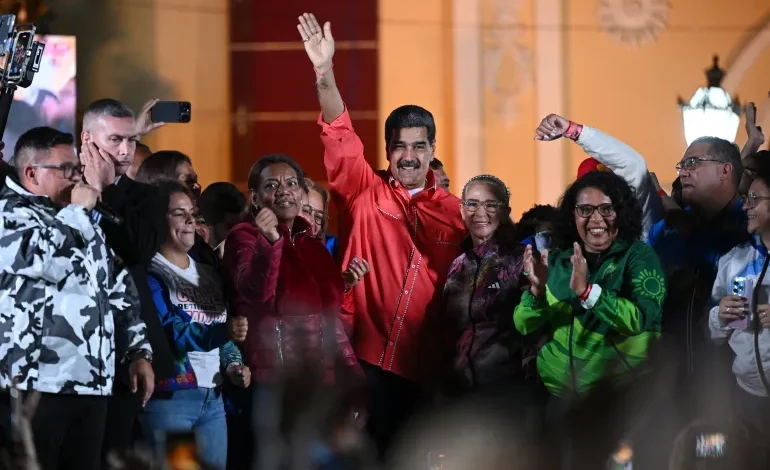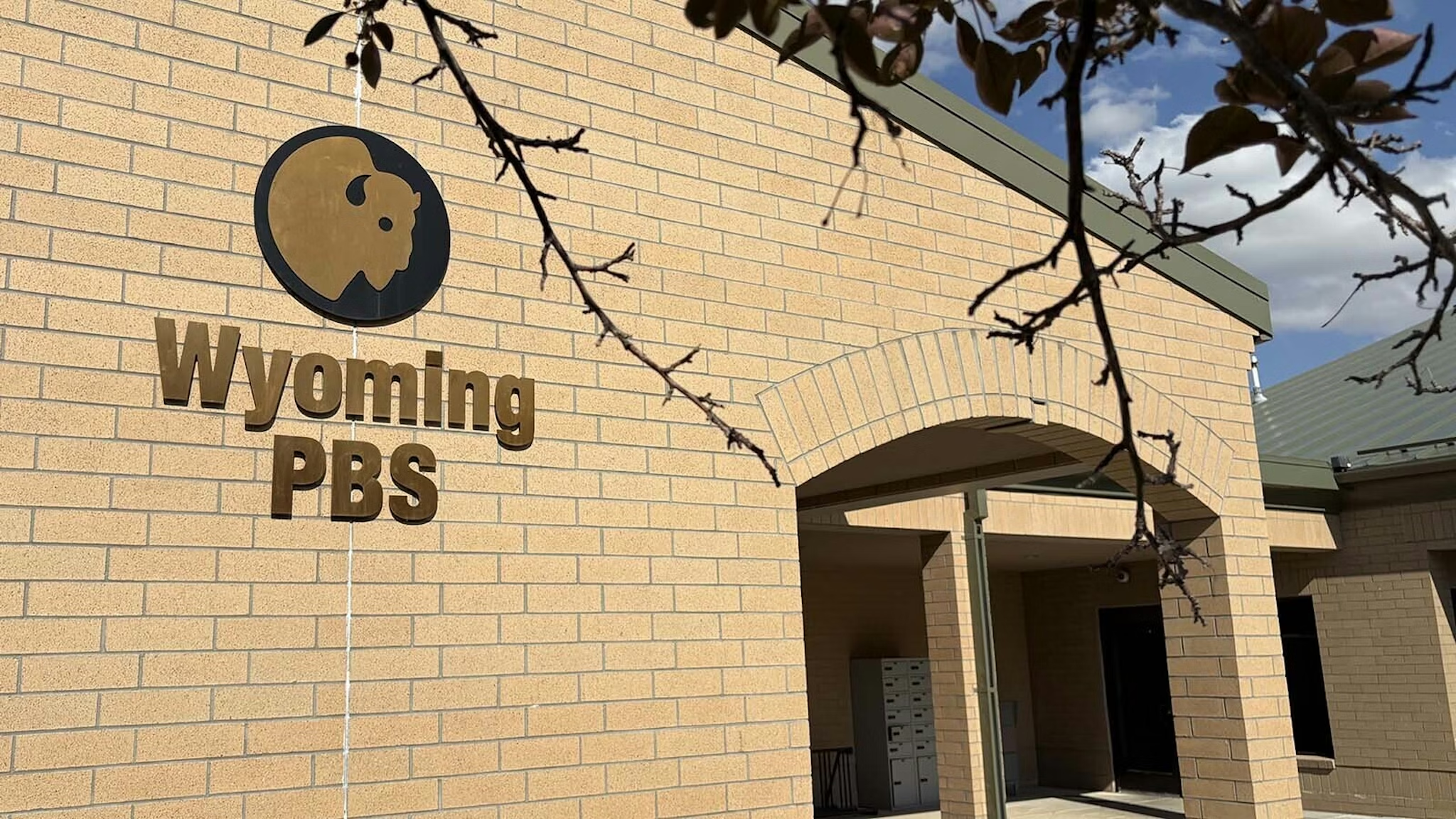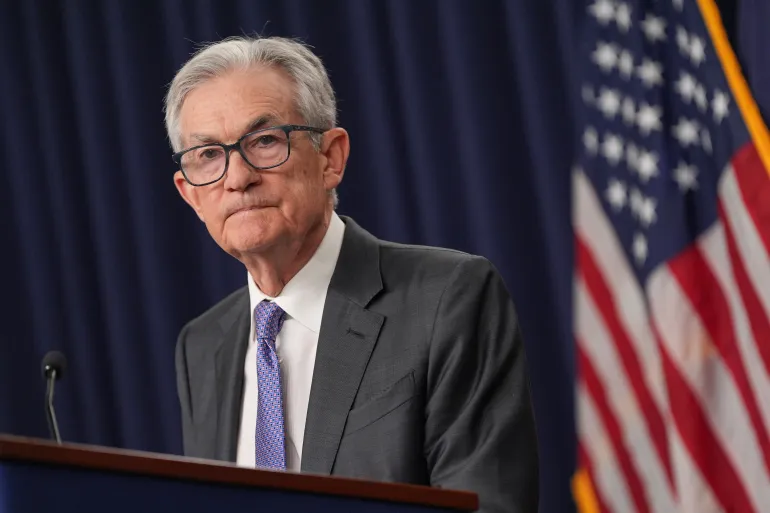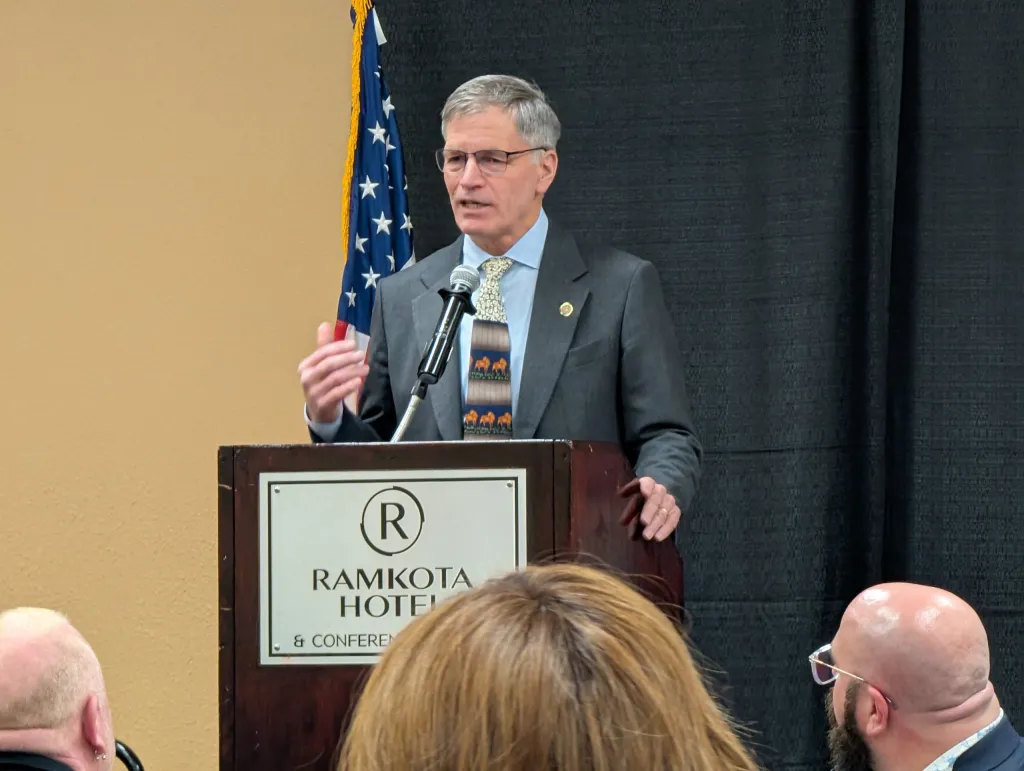Maduro Allies Dominate Venezuelan Parliamentary, Regional Elections Amid Opposition Boycott

Venezuelan President Nicolás Maduro’s United Socialist Party of Venezuela and its coalition partners have secured an overwhelming victory in legislative and regional contests that Venezuela’s main opposition forces refused to contest, as per Al Jazeera.
Preliminary figures released early Monday by the National Electoral Council (CNE) show the PSUV-led alliance capturing 82.7 percent of ballots cast for the 285-seat National Assembly. The result preserves the ruling party’s control over key institutions chosen by the legislature, including the Supreme Court and the attorney general’s office.
The governing bloc also won 23 of 24 governorships, flipping the four states the opposition had held since the previous cycle.
The CNE reported 8.9 million voters took part—about 42 percent of the 21 million eligible, matching participation in 2021. Turnout appeared sparse in major cities, according to local reporters and social-media images, though state television showed long lines in rural strongholds such as Trujillo and Amazonas.
Opposition leader María Corina Machado dismissed the exercise as an “enormous farce,” claiming abstention reached 85 percent in some districts. The opposition coalition had urged a boycott, arguing that last July’s disputed presidential election—officially won by Maduro—made fresh polls meaningless.
Maduro said the boycott simply ceded ground:
“When the opponent withdraws from the field, we advance and occupy the terrain.”
More than 400,000 security personnel were deployed nationwide. The interior ministry said over 70 people were arrested, including prominent opposition figure Juan Pablo Guanipa, accused of leading a “terrorist network” to disrupt the vote. Authorities also closed crossings with Colombia after alleging that mercenaries had slipped across the border.
The contest unfolded against a backdrop of deep economic crisis and growing external pressure on Caracas:
- Oil sanctions: The United States recently revoked a waiver that had allowed Chevron to pump and export Venezuelan crude, threatening a crucial source of hard currency for Maduro’s government.
- Migrants: Washington has ended temporary deportation protections for roughly 350,000 Venezuelans and has transferred hundreds more to a maximum-security detention facility in El Salvador.
Analysts say the fresh sanctions and migration measures could further strain Venezuela’s battered economy, where inflation and shortages have already driven more than seven million people to leave the country since 2015.









The latest news in your social feeds
Subscribe to our social media platforms to stay tuned